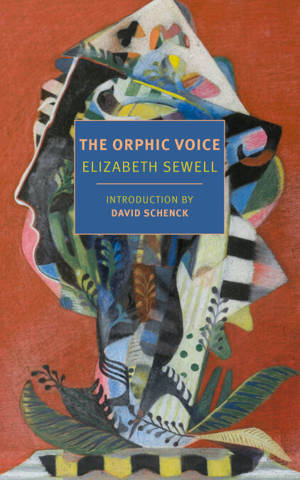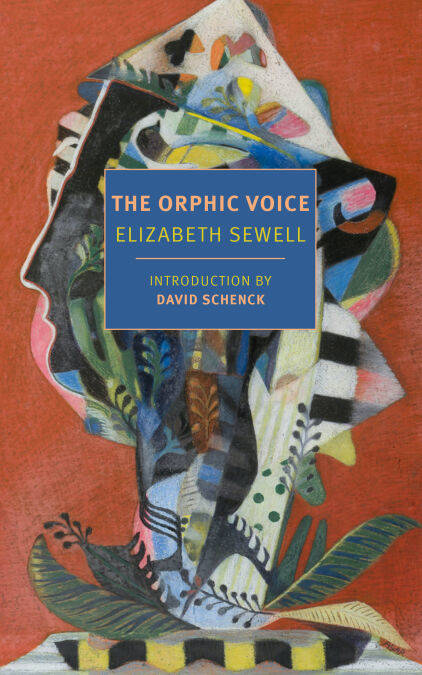
Bedankt voor het vertrouwen het afgelopen jaar! Om jou te bedanken bieden we GRATIS verzending (in België) aan op alles gedurende de hele maand januari.
- Afhalen na 1 uur in een winkel met voorraad
- In januari gratis thuislevering in België
- Ruim aanbod met 7 miljoen producten
Bedankt voor het vertrouwen het afgelopen jaar! Om jou te bedanken bieden we GRATIS verzending (in België) aan op alles gedurende de hele maand januari.
- Afhalen na 1 uur in een winkel met voorraad
- In januari gratis thuislevering in België
- Ruim aanbod met 7 miljoen producten
Zoeken
€ 19,66
+ 19 punten
Uitvoering
Omschrijving
A wondrously written book of literary criticism and philosophy that maps the relationship between poetry and natural history, connecting verse from poets such as Shakespeare and Rainer Maria Rilke to the work of scientists and theorists like Francis Bacon and Michael Polanyi.
Taking its bearings from the Greek myth of Orpheus, whose singing had the power to move the rocks and trees and to quiet the animals, Elizabeth Sewell’s The Orphic Voice transforms our understanding of the relationship between mind and nature. Myth, Sewell argues, is not mere fable but an ancient and vital form of reflection that unites poetry, philosophy, and natural science: Shakespeare with Francis Bacon and Giambattista Vico; Wordsworth and Rilke with Michael Polanyi. All these members of the Orphic company share a common perception that “discovery, in science and poetry, is a mythological situation in which the mind unites with a figure of its own devising as a means toward understanding the world.” Sewell’s visionary book, first published in 1960, presents brilliantly illuminating readings of A Midsummer Night’s Dream and Rilke’s Sonnets to Orpheus, among other masterpieces, while deepening our understanding not only of poetry and the history of ideas but of the biological reach of the mind.
Taking its bearings from the Greek myth of Orpheus, whose singing had the power to move the rocks and trees and to quiet the animals, Elizabeth Sewell’s The Orphic Voice transforms our understanding of the relationship between mind and nature. Myth, Sewell argues, is not mere fable but an ancient and vital form of reflection that unites poetry, philosophy, and natural science: Shakespeare with Francis Bacon and Giambattista Vico; Wordsworth and Rilke with Michael Polanyi. All these members of the Orphic company share a common perception that “discovery, in science and poetry, is a mythological situation in which the mind unites with a figure of its own devising as a means toward understanding the world.” Sewell’s visionary book, first published in 1960, presents brilliantly illuminating readings of A Midsummer Night’s Dream and Rilke’s Sonnets to Orpheus, among other masterpieces, while deepening our understanding not only of poetry and the history of ideas but of the biological reach of the mind.
Specificaties
Betrokkenen
- Auteur(s):
- Uitgeverij:
Inhoud
- Aantal bladzijden:
- 496
- Taal:
- Engels
Eigenschappen
- Productcode (EAN):
- 9781681376028
- Verschijningsdatum:
- 2/05/2022
- Uitvoering:
- E-book
- Beveiligd met:
- Adobe DRM
- Formaat:
- ePub

Alleen bij Standaard Boekhandel
+ 19 punten op je klantenkaart van Standaard Boekhandel
Beoordelingen
We publiceren alleen reviews die voldoen aan de voorwaarden voor reviews. Bekijk onze voorwaarden voor reviews.









